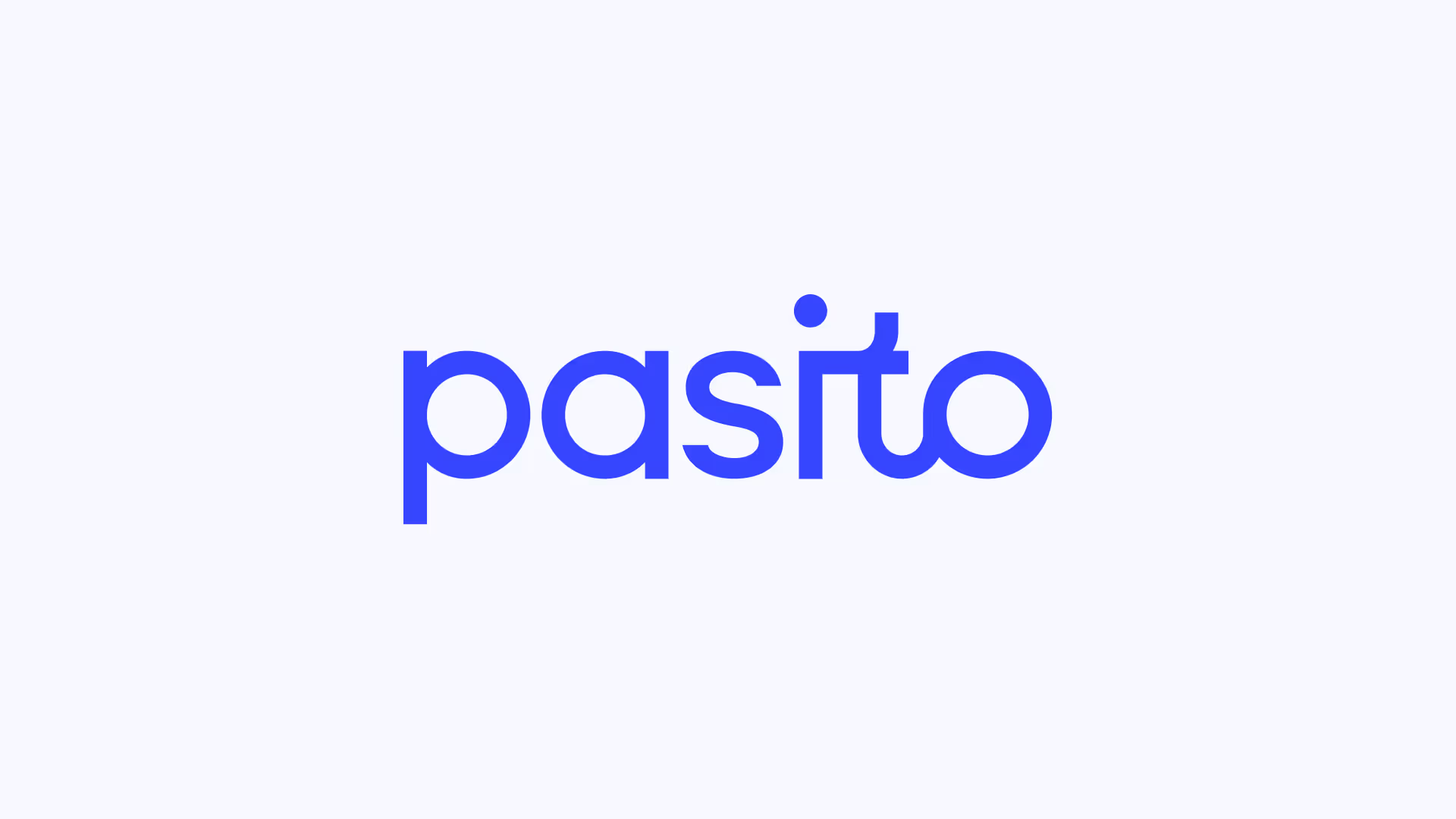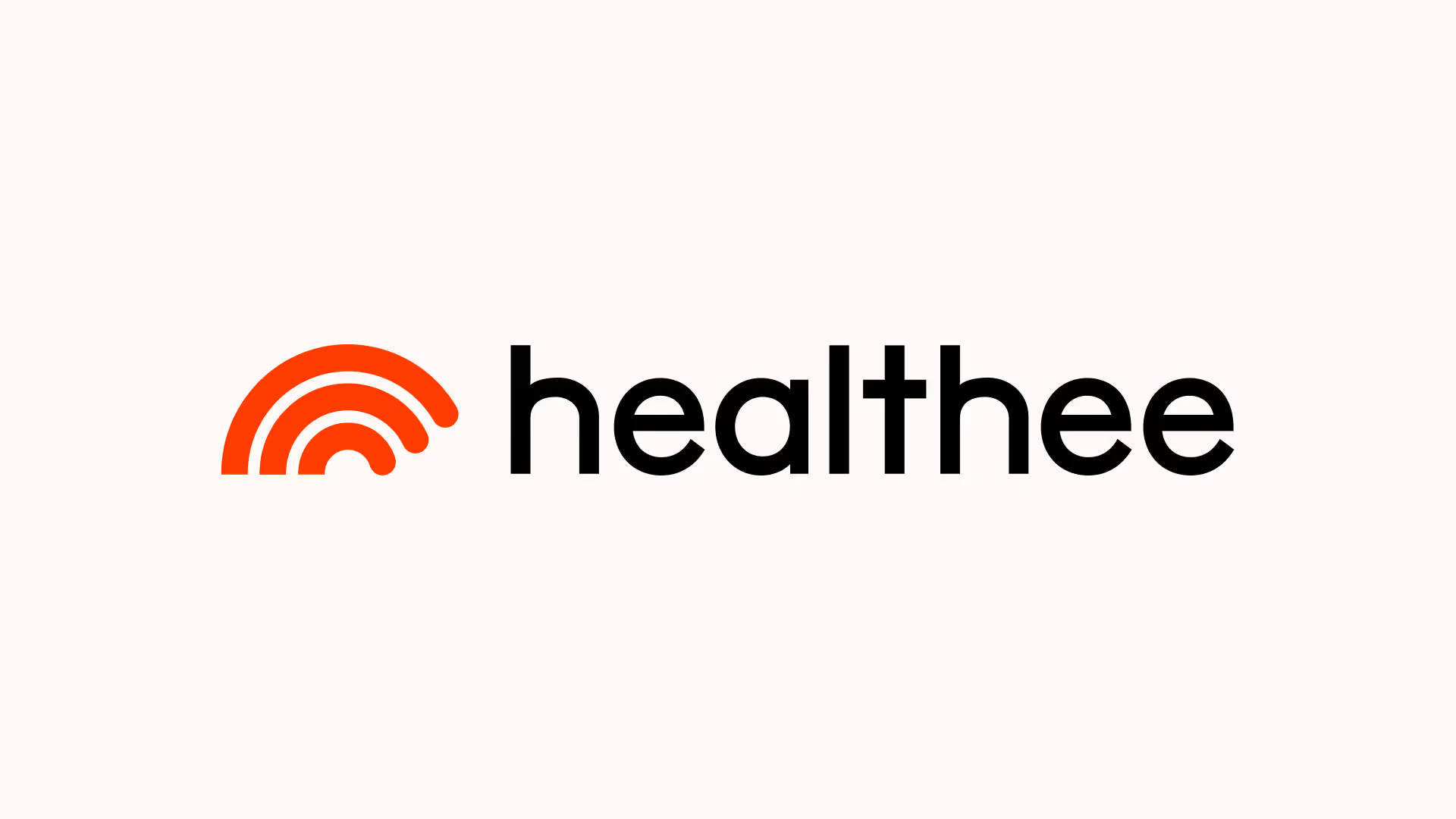The Operational Drain of In-House Integrations
Initially, they built direct connections to a few HRIS platforms, but this process quickly became unsustainable as they attempted to scale.
The challenge wasn’t just technical - it was operational.
When integrating with complex enterprises or legacy systems, they often dealt with slow timelines due to inconsistent technical workflows needed to facilitate connectivity.
In an effort to access more robust, enterprise-grade HR platforms that could meet the needs of their larger customers, Cypherworx explored partnership opportunities for direct access to these systems' testing environments and development resources.
However, the team figured that the approval layers involved in these partnership deals were either lengthy or prohibitive.
To avoid these delays, Cypherworx turned to manual file and data imports, but this workaround introduced its own set of inefficiencies. Data exchanges using SFTP required constant back-and-forth for managing credentials, security setups, and monitoring transfers, adding significant manual overhead.
As Cypherworx onboarded more clients, the strain grew. Their development team was pulled into maintaining these fragile connections, diverting focus from core product development.
On a broader scale, this fragmented approach stifled growth. Each new integration was met with operational bottlenecks - creating delays that frustrated timelines and complicated deployments.
The limitations became clear: this piecemeal approach was not scalable.
To keep up with customer growth and market expectations, Cypherworx needed a more unified, robust way to connect with HRIS platforms - one that would eliminate the operational drain and provide consistent, reliable integrations without ongoing maintenance headaches.















